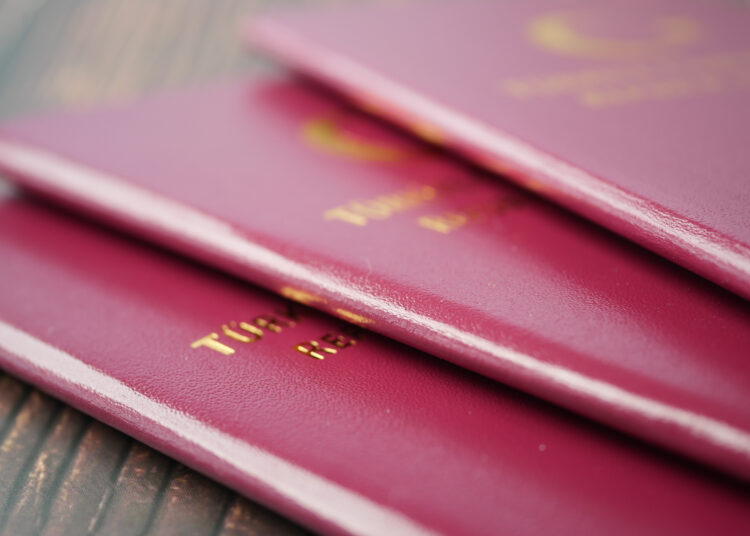The 2025 Henley Passport Index has revealed significant changes in global mobility, highlighting which countries offer their citizens the greatest freedom to travel visa-free. This annual ranking, based on exclusive data from the International Air Transport Association (IATA), showcases the world’s most powerful passports and outlines the evolving geopolitical trends that shape international mobility.
The Top 5 Most Powerful Passports in 2025
The 2025 rankings emphasize the importance of diplomatic relationships, economic stability, and geopolitical alliances in determining passport strength.
1.Japan (193 visa-free destinations)
Japan continues to lead the rankings, offering its citizens unprecedented global mobility despite recent economic challenges.
2.Singapore and South Korea (192 destinations)
These countries share second place, maintaining their strong position due to their expansive bilateral agreements.
3.Germany and Italy (190 destinations)
Europe’s powerhouses secure third place, benefiting from the European Union’s extensive travel agreements.
4.Spain and Finland (189 destinations)
With robust ties to global organizations, these nations remain high on the list.
5.The United States and the United Kingdom (186 destinations)
While the U.S. and UK are still in the top rankings, both countries have experienced a slight decline due to stricter visa policies in some regions.
Countries Rising in the Rankings
Some countries made notable advancements in the Henley Passport Index this year:
•United Arab Emirates (UAE): The UAE has climbed the ranks, reflecting its growing global influence and recent visa agreements with European and Asian nations.
•Kazakhstan: Now offering visa-free access to an increased number of destinations, Kazakhstan is emerging as a key player in Eurasian mobility.
Countries Facing Declines
Several nations have experienced a decline in their passport strength due to political conflicts or diplomatic strains:
•Russia: The ongoing geopolitical crisis has resulted in a reduction of visa-free access in Europe.
•Afghanistan: Still ranking last, Afghan citizens have access to only a few destinations without a visa, highlighting the nation’s ongoing humanitarian challenges.
Key Trends in Global Mobility for 2025
1.Post-Pandemic Recovery: The resurgence of international travel has led to new visa agreements, allowing for greater flexibility and increased visa-free travel options.
2.Digital Nomad Influence: More countries are introducing visa-free travel for remote workers, impacting global passport rankings.
3.Regional Alliances: The European Union remains dominant in global mobility, but Asian countries like Japan and Singapore continue to challenge this dominance.
4.Middle Eastern Growth: Countries like the UAE and Qatar are rapidly expanding their visa-free travel agreements, positioning themselves as global hubs.
Comparing Henley and Other Passport Indexes
The Henley Passport Index is widely regarded as the authoritative ranking for passport strength. However, other indexes, such as the Arton Capital Passport Index, also provide insights into global mobility, sometimes yielding different rankings based on their criteria.
For instance, while Henley focuses solely on visa-free and visa-on-arrival access, Arton’s index factors in other elements, such as digital nomad visas and entry protocols.
The 2025 Henley Passport Index showcases the shifting landscape of global mobility, emphasizing the importance of geopolitical stability and economic alliances. Whether you’re a frequent traveler or an investor seeking second citizenship, understanding passport strength is essential for making informed travel and residency decisions. Countries like Japan, Singapore, and the UAE are setting the benchmark for global mobility, while emerging nations like Kazakhstan are climbing the ranks.













